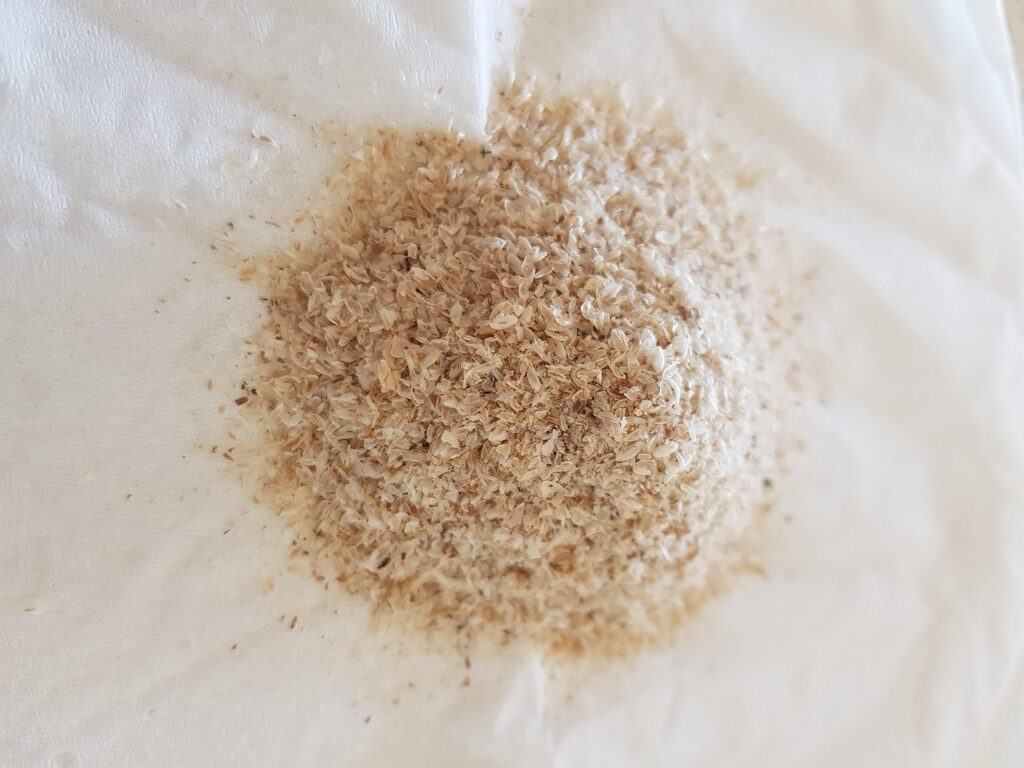A Summary of the article on “Effect of psyllium (Plantago ovata) fiber on LDL cholesterol and alternative lipid targets, non-HDL cholesterol and apolipoprotein B: a systematic review and meta-analysis of randomized controlled trials”
Background
The article was written by Jovanovski E, Yashpal S, Komishon A et al (2018), and published in The American Journal of Clinical Nutrition in November 2018. This publication focuses on the well-established understanding that viscous dietary fibre, such as psyllium, has the potential to mitigate cholesterol levels. Its ability to reduce LDL cholesterol positions it as a potential complementary treatment for cardiovascular disease (CVD).
The primary objectives of this systematic review and meta-analysis were two-fold: to update existing evidence regarding the impact of psyllium on LDL cholesterol, and to comprehensively assess its effects on alternative lipid markers, namely non-HDL cholesterol and apolipoprotein B (apoB).
Methods
To achieve these objectives, the researchers conducted a thorough search across several medical databases, including Medline, EMBASE, CINAHL, and the Cochrane Central Register of Controlled Trials, with searches concluded by 3 October 2017. The review included randomised controlled trials (RCTs) that had a minimum duration of three weeks and evaluated the effect of psyllium on blood lipid profiles in individuals, irrespective of whether they presented with hypercholesterolemia or not. Independent reviewers were tasked with extracting relevant data and assessing the risk of bias within the included studies. For the meta-analysis, data were pooled using the generic inverse variance method, applying random-effects models, and the results were expressed as mean differences (MDs) with 95% confidence intervals (CIs). Heterogeneity among the trials was assessed using Cochran’s Q statistic and quantified by the I2 statistic. The overall quality of the evidence for the findings was rigorously evaluated using the GRADE (Grading of Recommendations Assessment, Development, and Evaluation) approach.
Results
The analysis ultimately incorporated a total of 28 trials, encompassing 1924 participants. The findings revealed that supplementation with a median dose of approximately 10.2 grams of psyllium daily led to significant reductions across all targeted lipid markers. Specifically, there was a statistically significant decrease in LDL cholesterol, with a mean difference (MD) of –0.33 mmol/L (95% CI: –0.38, –0.27 mmol/L; P < 0.00001). Non-HDL cholesterol also showed a notable reduction, with an MD of –0.39 mmol/L (95% CI: –0.50, –0.27 mmol/L; P < 0.00001). Furthermore, apolipoprotein B (apoB) levels were significantly lowered by an MD of –0.05 g/L (95% CI: –0.08, –0.03 g/L; P < 0.0001). The quality of evidence for the observed effects on LDL cholesterol and non-HDL cholesterol was graded as moderate, primarily due to downgrades for inconsistency across studies. However, the evidence supporting the reduction in apoB was graded as high quality.
Conclusions
In conclusion, the study unequivocally demonstrates that psyllium fibre is effective in improving both conventional (LDL cholesterol) and alternative lipid markers (non-HDL cholesterol and apoB). These beneficial effects suggest that psyllium has the potential to contribute to delaying the progression of atherosclerosis, thereby reducing the risk of cardiovascular disease in individuals, whether or not they have pre-existing hypercholesterolemia. The trial is registered on www.clinicaltrials.gov under the identification NCT03346733.
References
Jovanovski, E., Yashpal, S., Komishon, A., Zurbau, A., Blanco Mejia, S., Ho, H. V. T., Li, D., Sievenpiper, J., Duvnjak, L., & Vuksan, V. (2018). Effect of psyllium (Plantago ovata) fiber on LDL cholesterol and alternative lipid targets, non-HDL cholesterol and apolipoprotein B: A systematic review and meta-analysis of randomized controlled trials. The American Journal of Clinical Nutrition, 108(5), 922–932. https://doi.org/10.1093/ajcn/nqy115
This post is based on Open Access research and is for informational purposes only.

